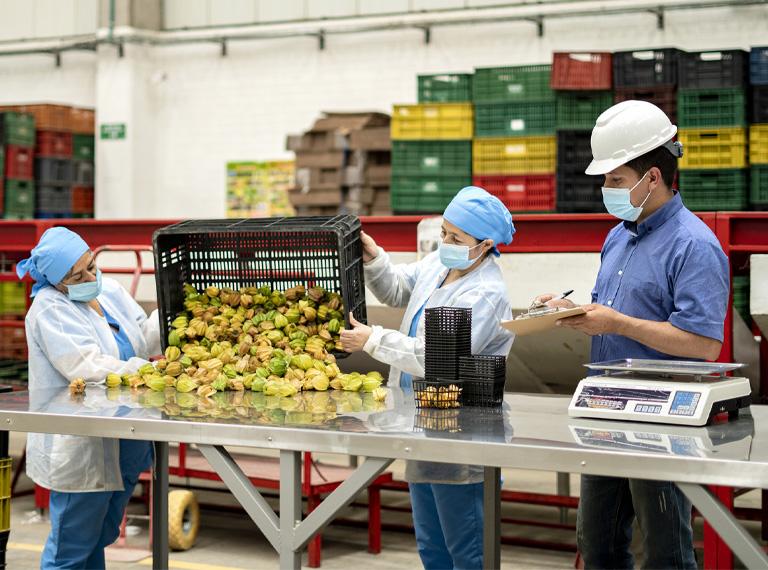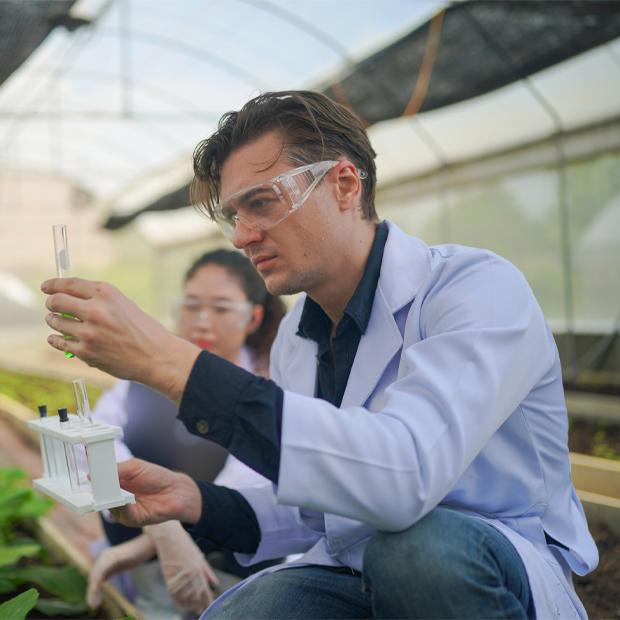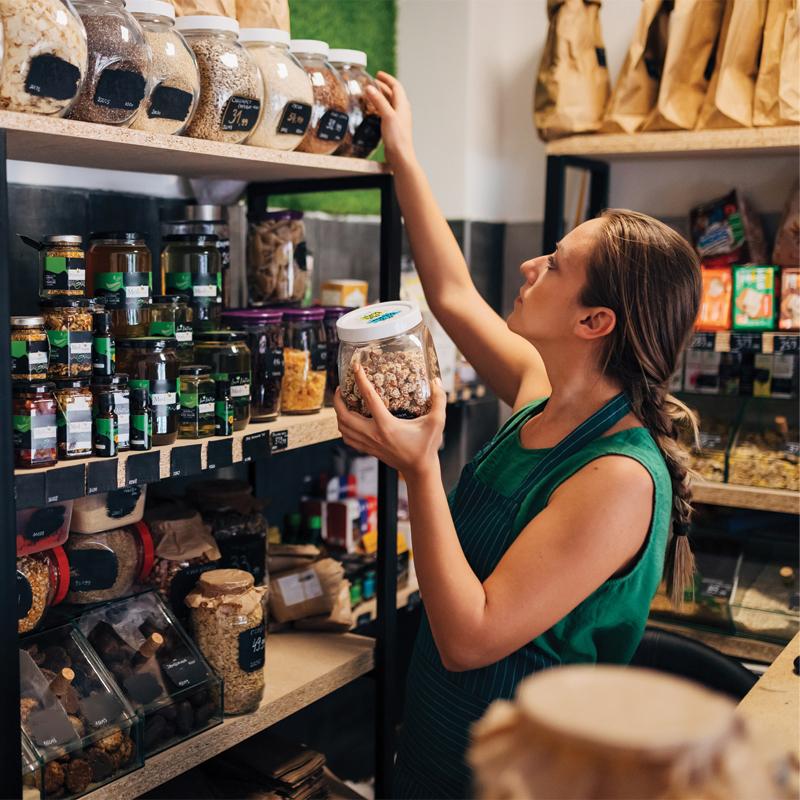Food waste continues to be an alarming problem in the UK, with an estimated 10 million tonnes thrown away every year. Of this waste, more than 15 billion meals could have been created.
It’s important to remember that food production is the single biggest contributor to climate change. One third of all food across the world is wasted, causing significant environmental and economic impact, with costs estimated between £17 and £20 billion a year.
This waste occurs throughout the food supply chain, from the start of production to the end of consumption, and has overshadowed the work being done to make the food industry more sustainable through packaging and eco-shipping. But while there is a dire need to tackle this issue – an example being that around 44% of bread that’s made in the UK ends up being thrown away – some companies are busy creating and designing solutions.
Several of the world's largest food companies are currently measuring, and a growing number are publicly reporting on, food loss and waste within their operations, but the aim is to grow the number of businesses partaking even more. The following companies are taking a proactive approach to combating food waste in their own ways:
Nestlé
Acting on food waste is a key part of Nestlé’s commitment to halve greenhouse gas emissions by 2030 and achieve net zero by 2050. Since 2016, they’ve reduced food waste in their operations by 45%.
Their approach ‘waste not, want not’, conducts food-waste audits to identify hotspots where food waste can be reduced at source. The assessments ensure there’s a consistent approach to measurement and reporting of food waste, enabling them to better identify opportunities and implement changes.
Collaboration is also a huge driver behind Nestlé’s ability to make sure all produce is used up – working with leading brands like FareShare and Community Shop in the UK, alongside Food Cloud in Ireland, to redistribute more of their surplus food for charitable and commercial use.
Tesco
Tesco PLC have reduced overall food waste in their operations by almost half since 2016/17 and are making good progress toward their ambition of halving all food waste by 2025, five years earlier than the global target of 2030. Their efforts are working: just 0.35% of the food handled across the Tesco Group in 2022/23 ended up as waste.
The key is avoiding landfill, which Tesco has managed to do with their food waste since 2009. Whatever food they can't sell across their stores, they distribute to charities and community groups, providing two million meals a month, alongside offering it to colleagues through their staff shop. Any remaining surplus is converted into pet or animal feed, or turned into energy.
In the UK, 88% of their unsold food that was safe for human consumption, was redistributed in 2022/23, up 5% from the previous year.
Unilever
Unilever continues to help people reduce their climate impact by cutting their own food waste. By the end of 2022, the company had reduced food waste per tonne of food handled in their operations by 17% versus 2019. They've also explored solutions with their engineering teams such as anaerobic digestion, using the biogas generated on-site, composting, and using the waste as fertiliser.
Their underlying focus is making sure no expired products or ingredients are thrown away or wasted in operations. The food-saving techniques being used include manufacturing fixes and circular economy approaches. For example, if their ice cream packaging lines stop working, they store the ice cream safely so it can be packaged when the lines are fixed, rather than wasting it.
Their foodservice business, Unilever Food Solutions, recently teamed up with digital provider Orbisk to develop a smart camera and scale system to tackle kitchen waste. The camera and scale sit under an organic waste container and use artificial intelligence to quickly identify and log every bit of food thrown away. This data helps restaurants and hotels adapt their menus and change their buying patterns to prevent waste and boost profits.
Oddbox
One of the most prominent waste reduction strategies is by Oddbox, a subscription-based grocery box service that delivers fresh, locally-sourced produce to homes and offices in the UK. Each box contains seasonal items, sourced from small British farms and local suppliers.
The company is committed to reducing food waste and supports small farmers and local communities. Customers can choose a size and frequency of delivery that suits their needs, which will include items deemed ‘too big’ or ‘too wonky’ for traditional supermarkets and stores.
Oddbox aims to inspire people to eat sustainably through rescued seasonal veg, while reducing the footprint of approximately three million tonnes of fruit and vegetables that goes to waste each year.
Too Good To Go
Too Good To Go is an app and website that connects people with food businesses that have surplus food that can be collected locally.
Customers can purchase meals for significantly less than the normal cost, helping both businesses and consumers save money, which is of heightened appeal during the cost-of-living crisis. Alongside their active users and stores, the company saved around 79 million meals in 2022, avoiding nearly 200,000 tonnes of CO2e emissions, while partnering with a host of companies including Aldi, Morrisons, Greggs, and Costa.
Besides saving meals from ending up as waste, Too Good to Go’s primary aim is to increase awareness of food waste, eventually encouraging consumers to effect policy change in their local communities.
To reduce food waste, companies need to adopt a holistic approach. This means involving all stakeholders, from producers to consumers, and implementing effective policies and practices that promote circular economy, environmental sustainability, and social responsibility.
If you are looking to secure a talented professional for your team, or searching for a new role, we have recruitment experts who specialise in the food production and FMCG sector. Get in touch today.




